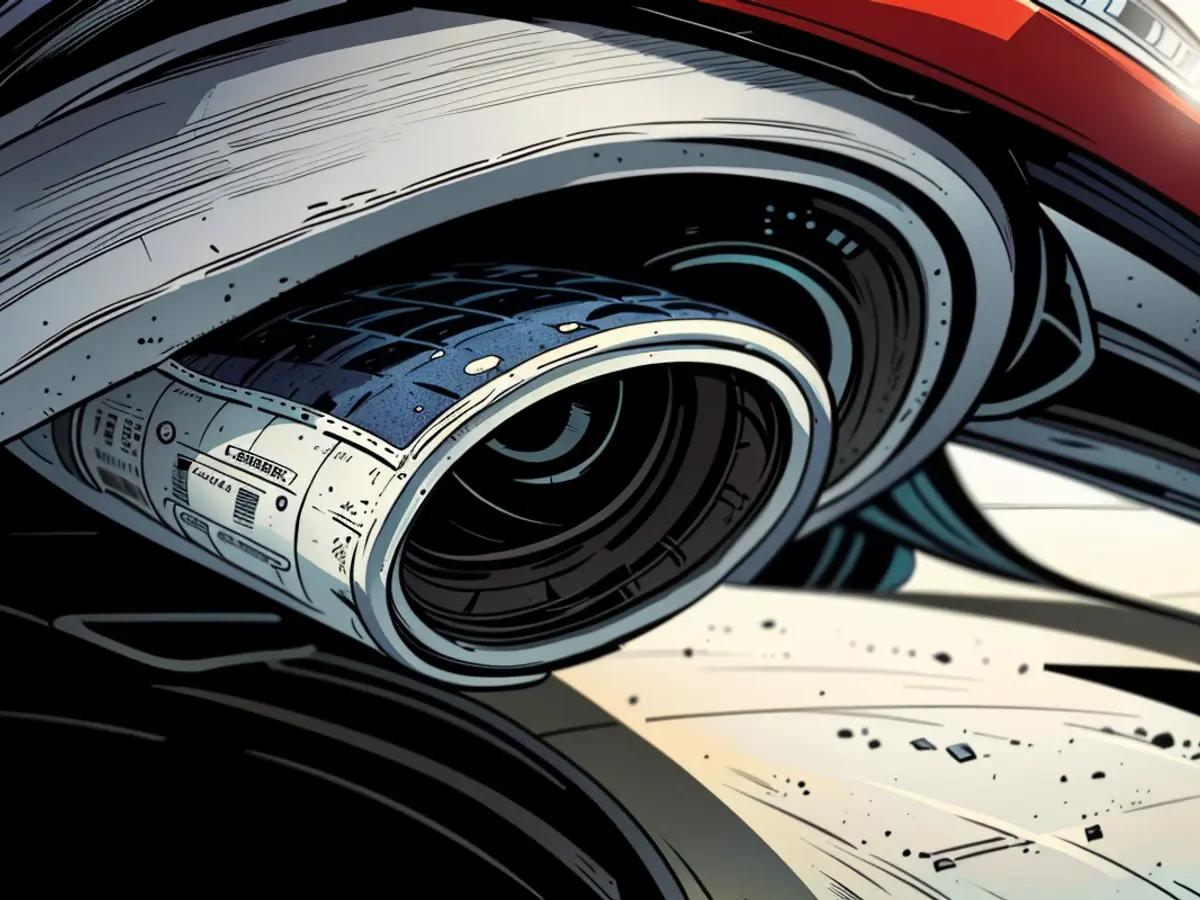The German automotive sector advocates for increased financial incentives for e-fuels and biofuels.
The German automotive sector is pushing for higher incentives from the government for synthetic fuels, known as e-fuels, and biofuels. These alternatives to gasoline and diesel are "essentially necessary" to decrease CO2 emissions in road transport and meet climate targets, asserted the German Automobile Association (VDA) on Wednesday. The use of these fuels could help reduce the CO2 emissions of existing vehicles.
Regarding new vehicles, Germany and the EU are emphasizing on electric vehicles, which will indeed contribute to "considerable CO2 reductions" in the near future, as mentioned by VDA President Hildegard Müller. However, she added, "it isn't enough, as there will still be vehicles with internal combustion engines on German roads for a long time." The VDA predicts that there will still be around 40 million passenger cars and trucks with internal combustion engines on German roads by 2030.
In the VDA's perspective, these vehicles should increasingly rely on alternatives fuels that can be mixed with diesel and gasoline. One option is biofuels, which are currently available and can be derived from waste, for instance. The association also advocated for a substantial increase in the legally mandated quota for so-called e-fuels and hydrogen-powered engines.
However, e-fuels are currently quite expensive due to their energy-consuming production process. The Free Democratic Party (FDP) advocates for the inclusion of e-fuels in new vehicles as well. In the European Union, no new passenger cars with internal combustion engines will be authorized from 2035, but the EU regulation permits the possibility of a new category of passenger cars that can only run on synthetic fuels.
At present, Brussels has not proposed such a vehicle category, but EU Commission President Ursula von der Leyen has expressed support for it. Critics propose that only ships and aircraft should use e-fuels - unlike cars, which can switch to electric power.
Despite the push for electric vehicles, the German Automotive Association (VDA) believes that existing vehicles with internal combustion engines will continue to be prevalent on German roads until 2030, requiring these vehicles to increasingly rely on alternative fuels like other options such as biofuels. The FDP also advocates for incorporating expensive e-fuels into new vehicles, even though they are not yet widely utilized due to their energy-intensive production process.








